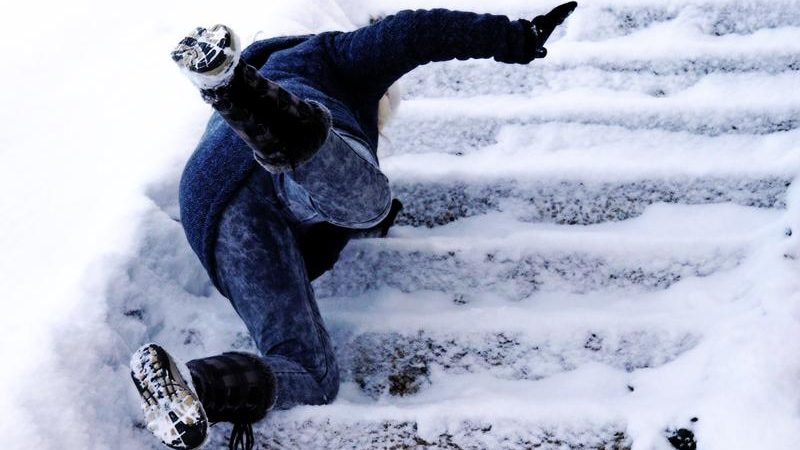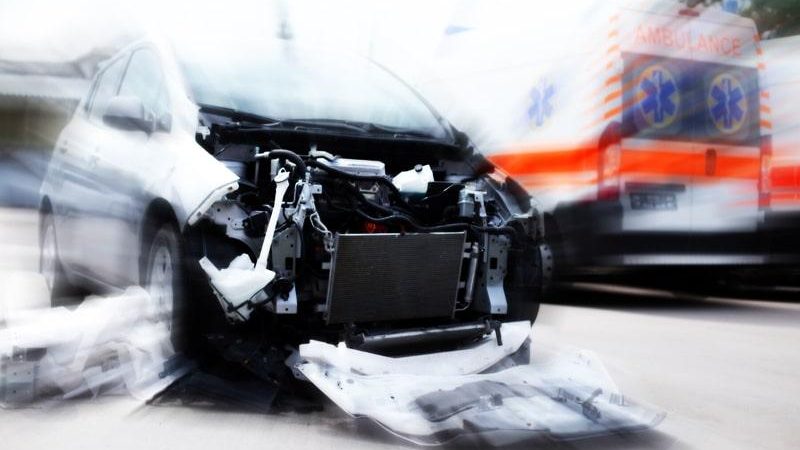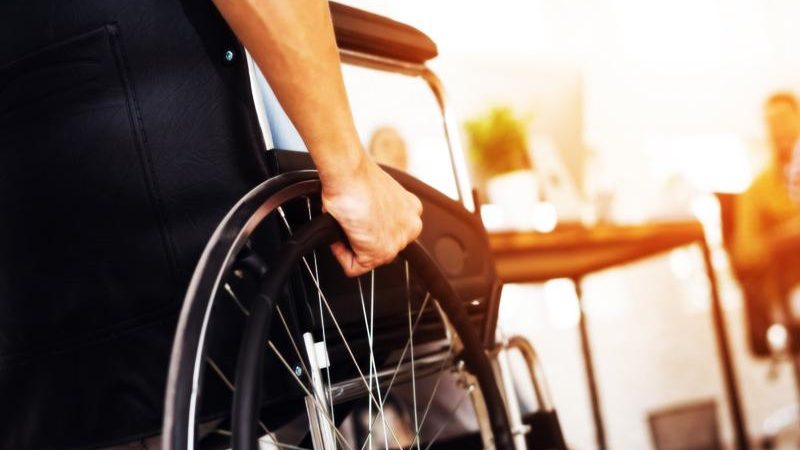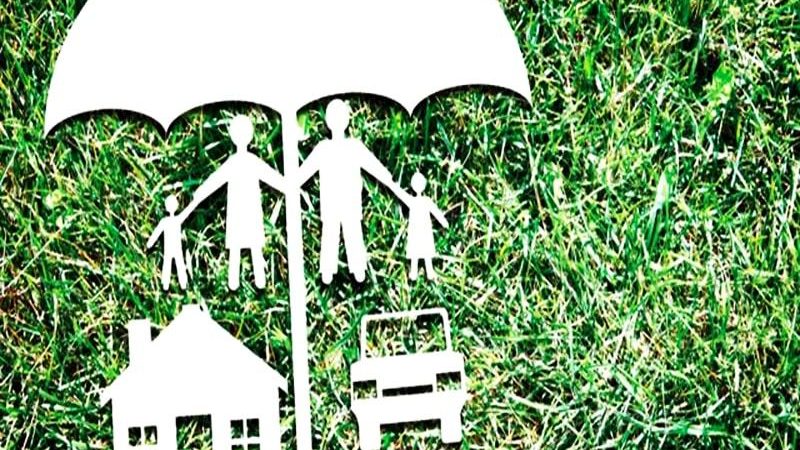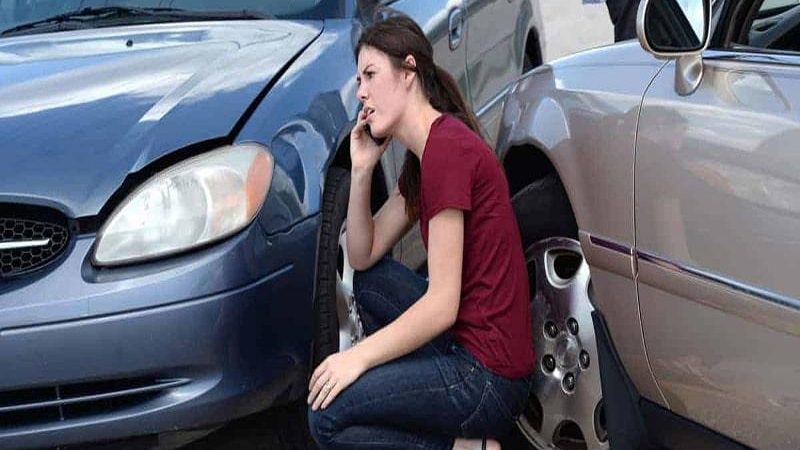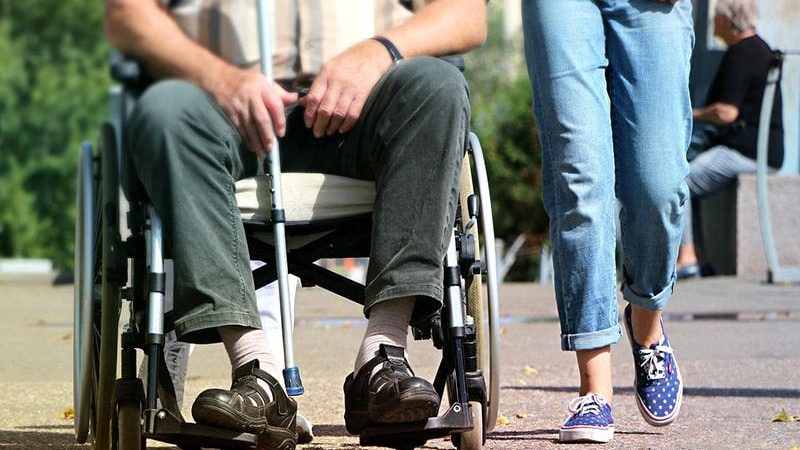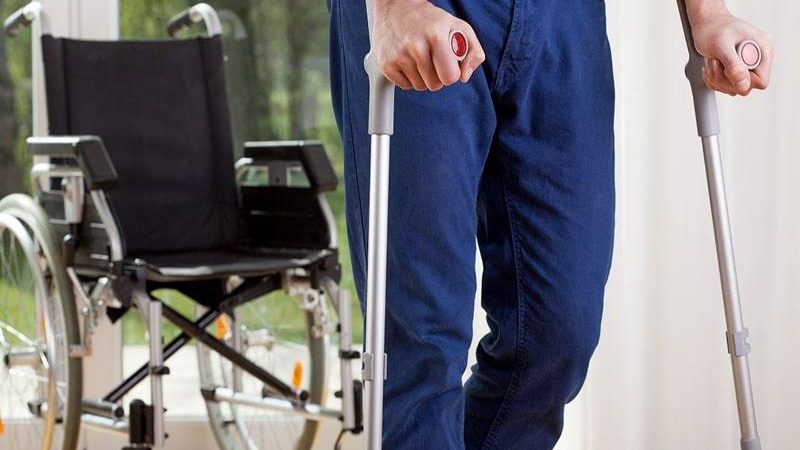What is Municipal Liability?
Acquire knowledge of the civil action against a government and/or its agents for accidents that occur on municipal property General background Municipal liability is civil liability in situations where the actions of a municipal corporation, a municipal body or agent causes someone to sustain an injury. Examples include: accidents in a recreational facility run by a municipality; slip and fall accidents on municipal venues; and MVAs involving municipal vehicles such as police cars, postal trucks and public transit vehicles. Sometimes, in lawsuits alleging municipal liability, the issue might arise as to whether it is the government or some other entity…
Read More
